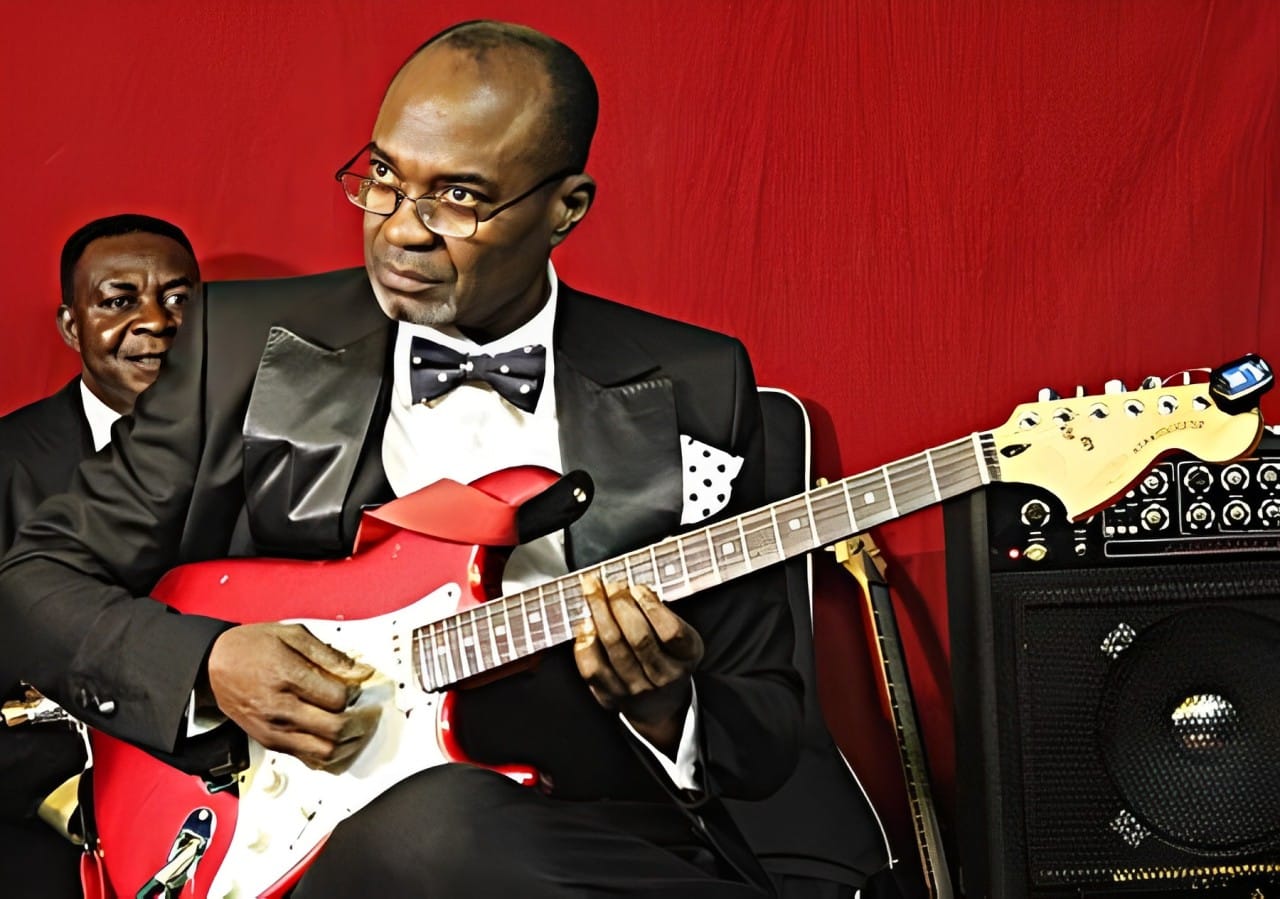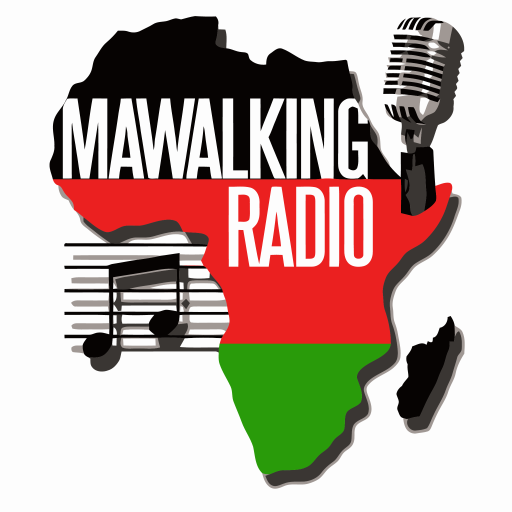
Pépé Felly Manuaku: The Guitar Maestro of Rumba
Félix Manuaku Waku, widely known as Pépé Felly Manuaku, was born on August 19, 1954, in M’banza-Kongo, in what was then Zaire Province, Angola. His early musical influences can be traced back to his family. His grandfather, Manuel d’Oliveira, was a pioneer of early Congolese music with his group San Salvador. Additionally, his uncle, Armando Brazzos, was a composer and bassist in the legendary band African Jazz, famously known for their iconic song “Indépendance Cha Cha.” With music deeply rooted in his lineage, Manuaku’s upbringing was steeped in the rhythms of Congolese Rumba and the broader musical traditions of the region.
The Birth of Zaïko Langa Langa
In 1969, Manuaku co-founded the now-legendary band Zaïko Langa Langa alongside musicians like Papa Wemba, Jossart N’Yoka Longo, and Evoloko Jocker. At the time, Congolese music was dominated by established groups like African Jazz and TPOK Jazz, but Zaïko Langa Langa sought to revolutionize the scene. The band’s fusion of traditional rumba with youthful energy and innovative guitar techniques made them an instant sensation. Manuaku’s rapid, uninterrupted guitar-playing style quickly set him apart, earning him the title of “the hardest left hand in Zaire.” His mastery of the sebene—an instrumental break in rumba music—made his sound a defining feature of Zaïko’s music.
Revolutionizing Congolese Guitar with Zaïko Langa Langa
Pépé Felly Manuaku is credited with establishing the guitar as the lead instrument in modern Congolese music. At a time when orchestras were built around brass sections and vocalists, Manuaku shifted the focus to the guitar, redefining the role of the instrument in rumba and soukous music. His distinct style followed two prominent guitar “schools”: the “Fiesta” style created by Docteur Nico Kassanda and the “Odemba” style created by Franco Luambo Makiadi. Manuaku’s innovation was a style that blended rapid rhythms with melodic complexity, creating a new guitar “school” that continues to influence Congolese guitarists to this day.
Founding Grand Zaïko Wawa
In 1979, after a successful run with Zaïko Langa Langa, Manuaku left the band to form Grand Zaïko Wawa. This new venture allowed him to explore different musical territories while maintaining his signature guitar sound. Grand Zaïko Wawa became a breeding ground for young, talented musicians who would later become prominent figures in Congolese music. The band’s fusion of traditional rhythms with modern techniques resonated with audiences across Africa, and they quickly garnered accolades, including being voted the best orchestra in 1984.
Famous Collaborations and Iconic Songs
Throughout his career, Manuaku has worked with some of the most respected figures in Congolese music, collaborating with artists like Tabu Ley Rochereau, Franco Luambo, and Madilu System. His influence can be heard in songs like Zaïko Langa Langa’s “Pauline,” where his guitar work provided the backbone of the melody. With Grand Zaïko Wawa, tracks like “Salongo” further cemented his reputation as a master of the guitar. His ability to blend traditional rumba with modern arrangements made his music stand out, and his innovative use of synthesizers and advanced guitar effects marked a new era in Congolese music.
Musical Director and Teaching Legacy
In addition to his work as a performer, Pépé Felly Manuaku has dedicated part of his career to teaching and mentoring young musicians. In 2017, he was a guest lecturer at the Irish World Music Academy at the University of Limerick, where he shared his knowledge of Congolese music and guitar techniques. More recently, he joined the Elikya Band as a musical director, continuing to shape the sound of contemporary African music.
Legacy and Influence
Manuaku’s contributions to Congolese rumba, soukous, and African music, in general, cannot be overstated. His pioneering work in guitar playing has left a lasting impact on generations of musicians, not just in the DRC but throughout Africa and beyond. His influence on the genre is often compared to that of Franco Luambo and Docteur Nico, as he is credited with shaping the sound of modern Congolese music. Today, Manuaku remains a revered figure in the global music community, celebrated for his creativity, technical prowess, and dedication to preserving and evolving the sounds of his homeland.



